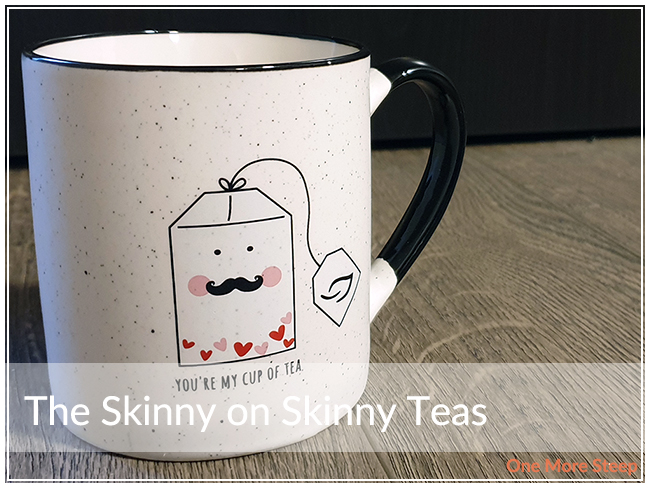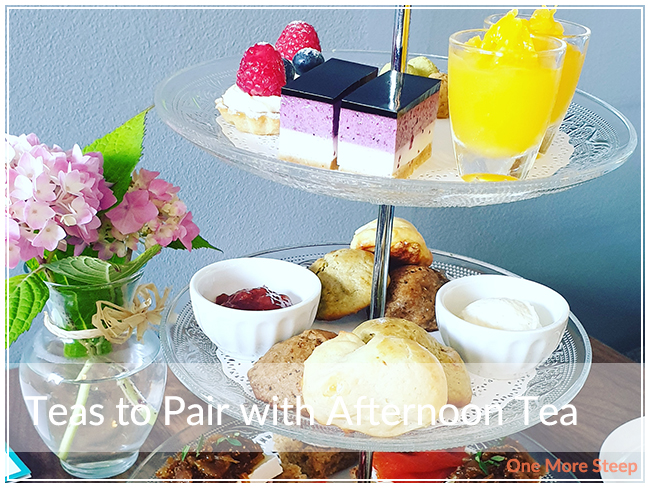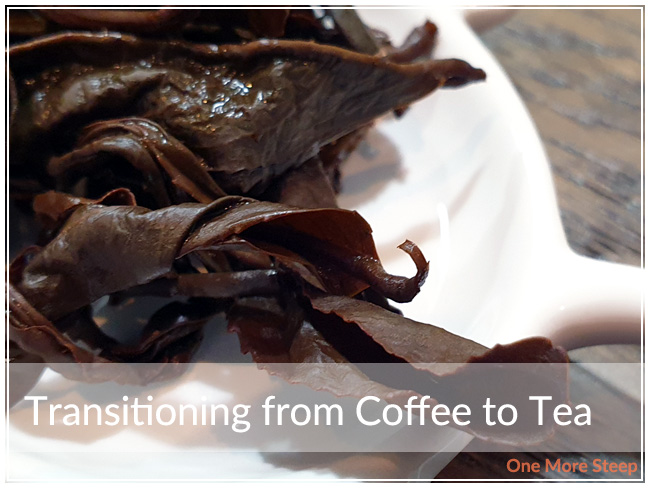
Absolutely everywhere I went online during the month of January had a lot of wellness products. Whether it be Facebook or Instagram, or even one of my favourite food bloggers that utilizes Google Ads to generate some revenue (no hate on that, everyone needs to pay the bills and make a living, after all!) – it was everywhere. Skinny teas! Detox teas! And I even had a few companies reach out to me in January about trying out their products and how they were life changing and how I need an immunity boost, to detox my gut, and to ‘think skinny’ when it came to what I was putting into my body.
There are a few things terribly wrong with all of those statements, emails, and ads that I was faced with last month. They all had some really fancy buzz words that I think really prey on a person’s self-esteem as well as just over-hyping the current health crisis into people thinking that they can do something to help their body along with either becoming healthier or getting skinnier (which are not one and the same).
A boosted immune system is an immune system that is over-active. That’s called an autoimmune disease or condition.
My gut doesn’t need to “detox“, it needs to continue doing its thing in move things along and it’ll naturally clear itself out – if you know what I mean. Also, your body is awesome! For the most part, many of us have fully functioning and healthy livers and a set of kidneys. These are amazing organs. One of the (many) functions of your liver is to remove toxins and waste products (a naturally occurring process!) from your blood. Your kidneys? Also so amazing – and it helps remove waste products from your body as well – in the form of urine.
![]()
And as for those skinny teas? Let’s take a closer look at some of those teas. I’m not going to post screenshots of the products, in case someone recognizes its their product, but I will be copying and pasting the ingredients lists here and we’re going to analyze them.
Skinny tea #1 contains: ginger root, lotus leaf, goji berries, jasmine tea, lemongrass, dandelion leaf, oolong tea, pomegranate, rhubarb root, green tea, senna leaf, and yerba mate.
Skinny tea #2: oolong tea, pu’erh tea, ginger, orange peel, eleuthero root, and natural flavouring.
Skinny tea #3: hibiscus, senna leaves, rosehip, and pomegranate. (Also, this is is a tisane, not a tea.)
On the surface, not too exciting. Everything is super easy to read, it sounds quite good for you even. But what happens when you break it down?
The following ingredients can all have a laxative effect/aid in relieving constipation (a.k.a. things that make you poop): ginger root, lotus leaf, goji berries, dandelion leaf, pomegranate (although the internet is a bit hit-or-miss because I also don’t know what form the fruit is in, but generally speaking fibre = helping your gut along), rhubarb root, senna leaf, yerba mate, orange peel, eleuthero root, and rosehips.
The following are all natural diuretics (a.k.a. things that make you pee): jasmine tea, lemongrass, oolong tea, green tea, pu’erh tea, and rosehips. Caffeine, which is present in basically all teas in varying concentrations, is a natural diuretic. However, it’s usually balanced out by the amount of water that you’re consuming with that caffeine as well. Cup for cup, one cup of coffee with usually contain more caffeine than one cup of tea.
I’ve also underlined senna leaves in the ingredients for an important reason. Senna is a plant, so it’s very natural and therefore something that a lot of companies say is great for you (because who doesn’t want to drink tisanes with natural ingredients?). Senna is also a key ingredient in many laxative medications (sennasides), that is used to help with emptying the bowel before surgery or for people suffering from constipation. It is also not recommended for long-term use as continual usage can result in dependency and an electrolyte imbalance.
Of those three “skinny tea” blends that I happened across, not a single one warned against overuse of their products. Two of three suggested drinking 1-2 cups daily. Two of the three were part of a “tea detox” system and also had an accompanying blend to drink in the day-time with similar ingredients (perfectly horrific, if you ask me). And three of three were grossly over-priced as they were portioned into tea bags and were anywhere from $1 to $3 per serving.
![]()
Basically what this all boils down to is the fact that if you’re already got a pretty good functioning digestive system and start consuming these products – it’s going to make you run to the bathroom more often because you’ll get the runs and need to void more often. Plus they’re overpriced so not only are you in the bathroom more often than you really need to be, your wallet will be lighter as well.
And is that really a good alternative to eating healthy and exercising when it comes to losing weight? You’re essentially hurrying things along, which can have an effect on how well your body is able to absorb nutrients, reabsorb water and honestly will just have you feeling a bit crappy (pun intended). Overuse of any of these products can result in dependency (a.k.a. can’t have a poop without a laxative!), dehydration, becoming malnourished and developing an imbalance in your electrolytes (which are all very important for normal, healthy bodily functions).
So those are my thoughts on skinny tea products (and other buzz words that I absolutely loathe). If you are going to consume any of these products, I really recommend taking a good look at the ingredients list as well as taking into account what you’re trying to achieve by consuming these products. More often than not, the ingredients are full of or completely consist of ingredients with natural laxative effects, and over use of these products can often have more harm than good. If you’re serious about weight-loss and don’t already have a constipation issue, I strongly recommend getting in touch with your healthcare practitioner and see what options you have out there. Often eating healthier and introducing exercise into your routine is a great first step… and is a better option than taking those steps towards the bathroom five times a day… and night.

 I will preface this by stating that I am not a coffee drinker. I never have been, and never really be too interested in coffee (I’m not a fan of the smell!). But I do know that a lot of people enjoy coffee and need or have gotten used to that extra jolt of caffeine in the morning to help them start their day. As a health care professional, I know a lot of people who love their coffee.
I will preface this by stating that I am not a coffee drinker. I never have been, and never really be too interested in coffee (I’m not a fan of the smell!). But I do know that a lot of people enjoy coffee and need or have gotten used to that extra jolt of caffeine in the morning to help them start their day. As a health care professional, I know a lot of people who love their coffee.